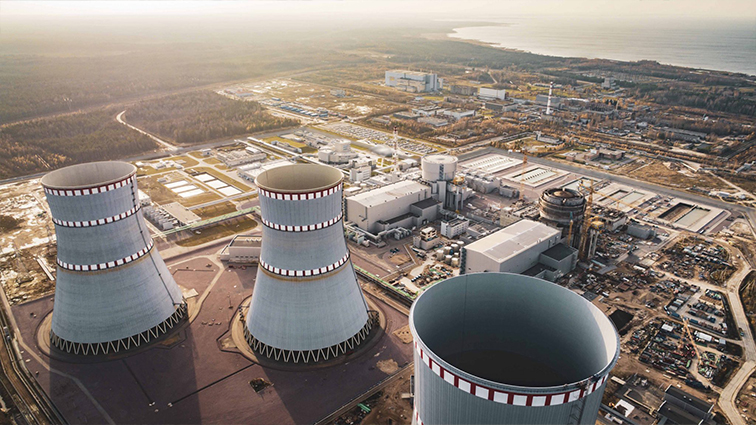
CairoRussia has officially confirmed that Egypt will repay its loan for the Dabaa Nuclear Power Plant project in Russian rubles, marking a significant shift in international financial agreements amid evolving global economic dynamics.
Russian President Vladimir Putin ratified an annex to the original financing agreement between Moscow and Cairo, permitting Egypt to settle its debt in rubles instead of foreign currencies such as the US dollar or euro.
The agreement, initially established to fund the construction of Egypt’s first nuclear power facility, was amended on September 16, 2024, by Russian Deputy Finance Minister Vladimir Kolychev.
The Dabaa Nuclear Power Plant, being constructed by Russia’s state-owned nuclear energy corporation Rosatom, represents a cornerstone of Egypt’s long-term energy strategy.
The facility, located on the Mediterranean coast, is expected to significantly enhance the country’s electricity generation capacity and diversify its energy mix, reducing reliance on fossil fuels.
The decision to switch the repayment currency to the Russian ruble aligns with Russia’s broader push to de-dollarize its international transactions and promote the ruble in global trade, particularly with partner nations across Africa, Asia, and the Middle East.
This development also reflects strengthening economic ties between Egypt and Russia, especially in strategic sectors like energy and infrastructure.
The ruble-based repayment model may serve as a precedent for future agreements between Russia and other countries looking to bypass traditional currency systems dominated by Western economies.
The Dabaa project is set to include four reactors with a total capacity of 4,800 megawatts, with full completion expected in the early 2030s.
The nuclear facility is anticipated to play a pivotal role in supporting Egypt’s growing energy demand, advancing technology transfer, and fostering a new generation of Egyptian nuclear experts.
With financial frameworks now updated, the collaboration between Cairo and Moscow on this multibillion-dollar project is poised to continue deepening.



